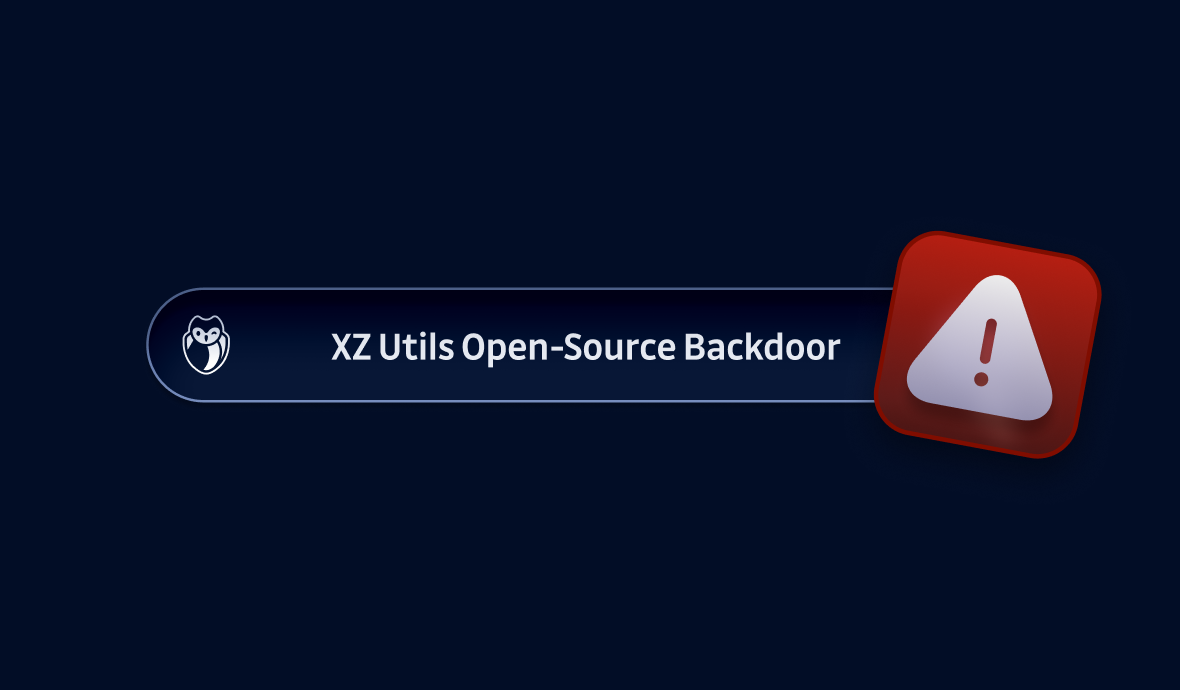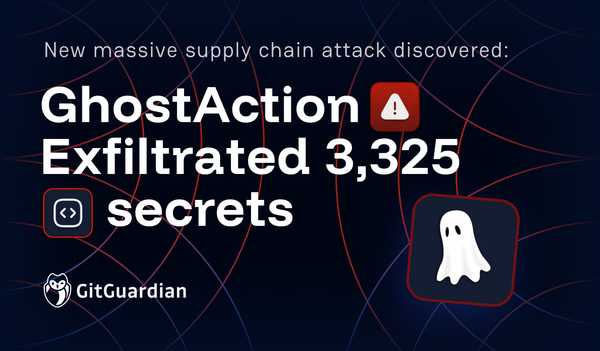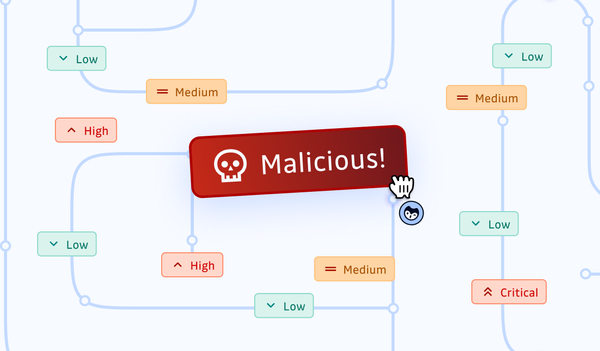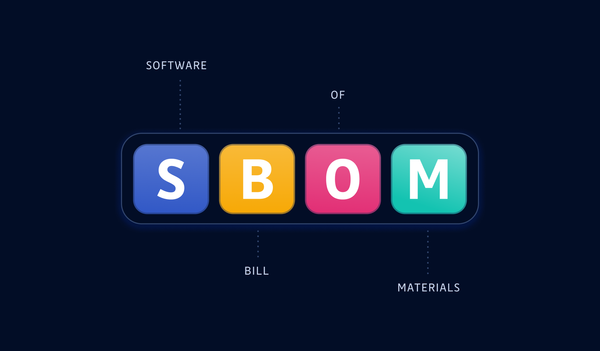Researchers discovered a backdoor in the compression tools xz Utils versions 5.6.0 and 5.6.1, targeting SSH authentication in several Linux distributions. Although not affecting production releases,the early detection prevented a potential catastrophe, underscoring the importance of vigilant open-source software monitoring.
Here is a technical overview of the supply chain attack attempt by Thomas Roccia:
🤯 The level of sophistication of the XZ attack is very impressive! I tried to make sense of the analysis in a single page (which was quite complicated)!
— Thomas Roccia 🤘 (@fr0gger_) March 31, 2024
I hope it helps to make sense of the information out there. Please treat the information "as is" while the analysis… pic.twitter.com/N11klcymeP
Incident Recap
- A malicious backdoor was found in
xz utilsversions 5.6.0 and 5.6.1. - The backdoor was designed to interfere with SSH public key verification, potentially allowing remote code execution.
- This vulnerability targeted SSH connections in Linux distributions such as Red Hat, Debian, and Arch Linux.
- Homebrew, a package manager for macOS, also incorporated the compromised version but has since reverted to an unaffected version.
- Early detection prevented the backdoored versions from being widely deployed, averting widespread impact.
Long Story
In a frankly alarming discovery, researchers have uncovered a malicious backdoor deeply embedded within xz Utils, a widely utilized Linux compression tool. The discovery was particularly concerning given the broad usage of xz Utils across multiple Linux distributions, including heavyweights like Red Hat and Debian. Even more distressing was the fact that these compromised versions had made their way into beta releases of these distributions, specifically targeting software that manages SSH connections – a backbone of secure remote access.
This backdoor was ingeniously masked and went unnoticed for over a month, posing a critical risk to SSH's encrypted authentication process. Had a vigilant developer not discovered it early, the ramifications could have been dire, potentially allowing unauthorized access or remote code execution to countless systems worldwide.
The malicious code was sneakily introduced through updates under the guise of standard improvements. It was later revealed that these changes aimed at tampering with SSH functions, thereby jeopardizing secure remote access. The perpetrator behind these changes was a prominent developer within the project, raising questions about security and trust within the open-source community. This chain of events underscores not just the ever-present risks in software development and distribution but also the importance of early detection and rigorous vetting in the open-source ecosystem.
"As systems grow more interconnected, the impact of a single compromised tool can be exponential. The xz Utils case highlights the importance of scrutinizing even seemingly benign updates for potential security implications." said Mackenzie Jackson, Security Advocate.
Thankfully, the quick response from various stakeholders, including the immediate rollback of vulnerable versions and rigorous patching efforts, helped mitigate the potential damage.
Lesson Learned
This incident vividly highlights the critical need for vigilant monitoring of software dependencies. While invaluable, open-source software can also serve as a conduit for significant security threats when not properly scrutinized. In this case, the backdoor targeted SSH, a cornerstone of secure system management and operations.
"Early detection and constant vigilance are the cornerstones of modern cybersecurity. This incident is a testament to that principle. Trust but verify should be the mantra in open-source software development." said Eric Fourrier, GitGuardian co-founder and CEO.
Recommendations
- Regularly update and patch software from trusted sources.
- Employ continuous monitoring solutions to detect and address vulnerabilities promptly.
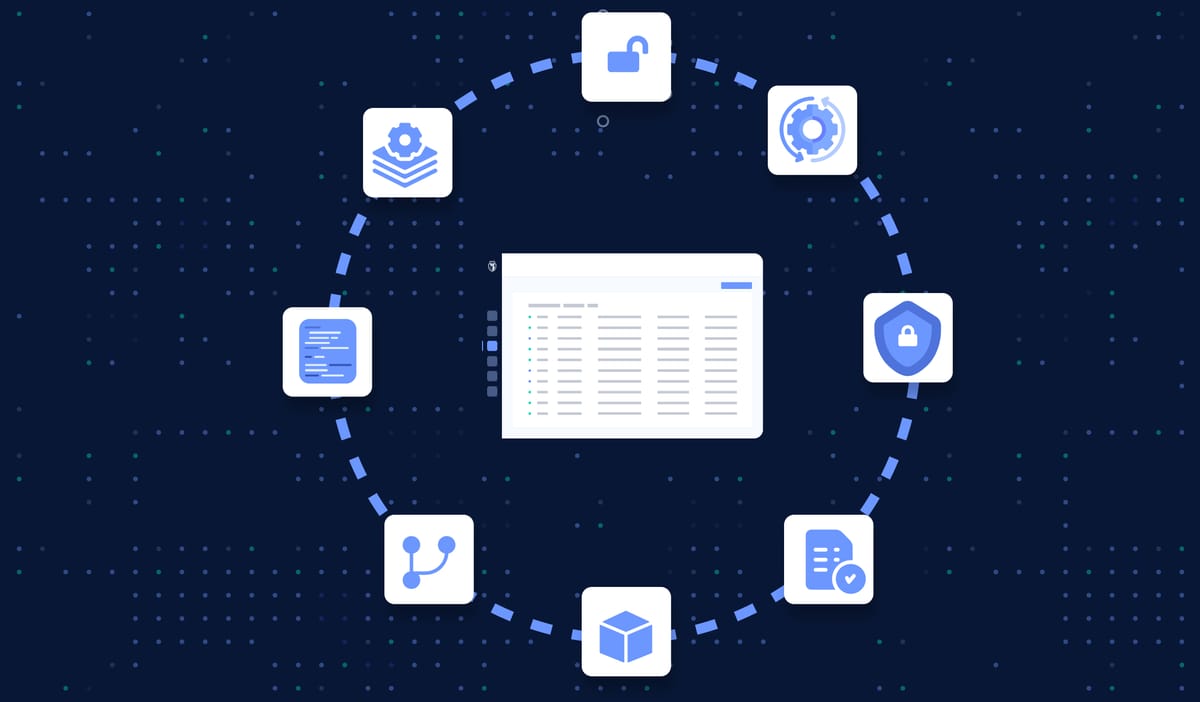
- Review and vet contributions to critical software components, especially those with extensive access or privileges.
- Integrate security early in the software development lifecycle to detect and mitigate threats preemptively.
- Foster a culture of openness and prompt communication within development communities.
- Prioritize security when selecting and updating software dependencies.
- Engage with the open-source community for collective defense against emerging threats and vulnerabilities.


